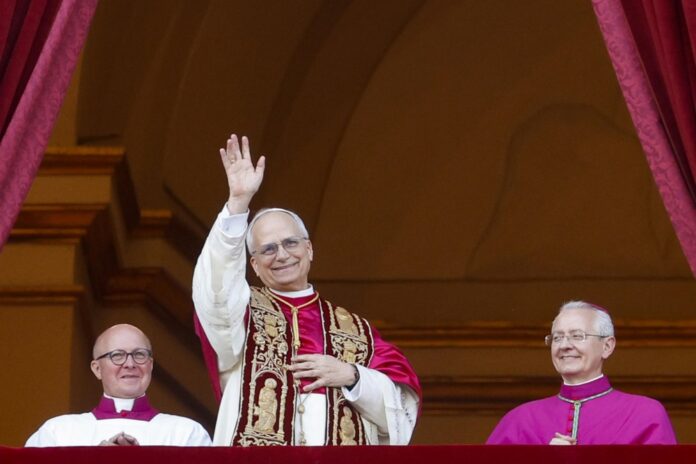Re: Referendum on the euro: Democracy and a sense of justice

Outside of the technical issues of the adoption of the euro, those that concern the sense of democracy of political decisions in Bulgaria arrive. I pay attention to this topic, even at the risk of sounding like a personal opinion, for the following reasons. First, I find the topic of particularly important and sensitive to our society, especially in the present moment of widely shared doubts not only in the rule of law, but also attacks on the existing constitutional order. Second, some of the following series answers will concern increasingly abstract questions about the « sovereignty of Bulgaria » and I think several basic starting points for democracy would help us to continue the conversation.
Here is one of these questions:
« More than 65% of people are against entering the euro area – we are democracy, only that should be enough to end the discussion. »
This question, I suppose, is going on data from a public opinion study. It is important how the question is asked by the agency. The point of having a lion (for those who want it) is the freedom to change the currency board – its reserve or entirely the monetary mechanism itself. This means that objectively more correct data would be collected through the question: « Would you support the cancellation of the currency board at a time? » If there are any, please direct me to this data to comment on them in a separate publication.
Clarification of the euro: What will happen with salaries
Of course, other things are important in public opinion studies that guarantee the objectivity and impartiality of the sociological agency. But for the needs of this answer, please focus on the above requirement – a correctly asked question to get the most objective assessment whether the Bulgarians want or do not want euro.
| Let us remind you that the Bulgarians still live with euro (as a reserve currency), but no one has asked them: « Do you want to part with the euro? » This question would probably help us understand if Bulgarians have a problem with the euro as their currency. |
The cited data rather directs respondents to share an attitude towards the euro area as a new membership of Bulgaria following EU membership. In this sense, the data gathered would rather be used, potentially by Eurosceptic parties in Bulgaria, as an argument entirely against EU membership. This may already happen because on the same topic, for democracy, I received such a question:
« In Slovakia and Hungary, there are already conversations about a referendum to leave the EU, and we do not respect the will of society. »
It is and may have been used for people’s fears to kill freedom and democracy. But in mature democracy, this experience will be welcomed and at least somewhat neutralized by the fears of tyranny. This will also be the case of nations that have until recently been sinking into obscurantism, such as post-communist countries in Europe.
I think the greater danger of an attack of freedom comes from another type of leaders, charismatic as characters, promising a specific perfect world. They sell utopia relatively easily because urban myth says « democracy is an imperfect system ». It is « imperfect » only for those who expect democracy to provide them with life in the right world (such as Switzerland or Scandinavia).
| But the power of democracy based on the rule of law has not been promised a perfect world, but sustainable mechanisms for avoiding catastrophic failures. Carl Popper in Open Society and his enemies offers to evaluate political systems not by what ideals they promise, but by their mechanisms to limit abuse and prevent tyranny. |
In the same way, the stable unions between nations are built not so much on common utopias, but on shared limits of what should not be allowed – aggression, economic destabilization or suppression of fundamental human rights.
Radev suggested a referendum about the euro: political reactions in and against
This also applies to lasting military unions such as NATO, defensive in its definition and hence sustainable and durable. This also applies to other associations of nations such as the European Union, which has eliminated restrictions on humans and their initiative, but also puts a democratic legal order as the main conditions for each member of the Union. The same applies to the currency board as well as to the euro area membership – these are essentially restrictive mechanisms that limite local political arbitrariness and hence uncertainty for citizens.








